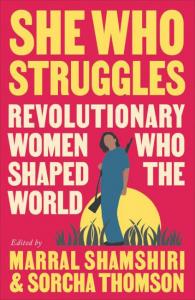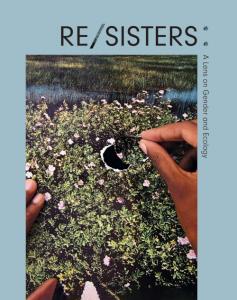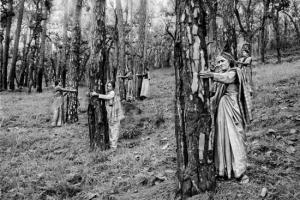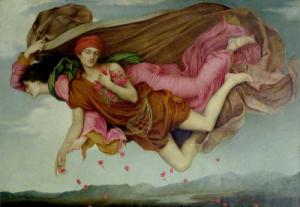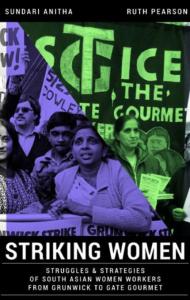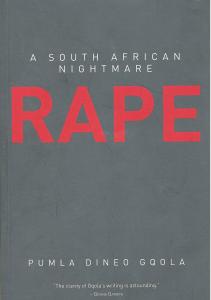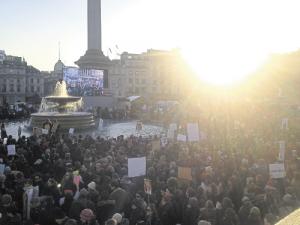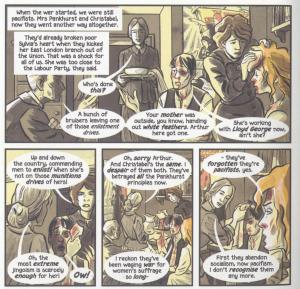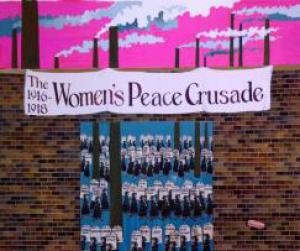Imagine setting out today, in 2024, to launch a petition, inviting all women over the age of 18 living in Wales to sign. Then, imagine succeeding in gathering 390,296 signatures. Then, imagine a war-less world and a world free from the trafficking of women and children, drugs and weapons.
All wonders difficult to imagine. But without the imagining, such ideals can never be realised. This is the kind of imagining that comes from hope – if we understand hope, not as sitting back,…



